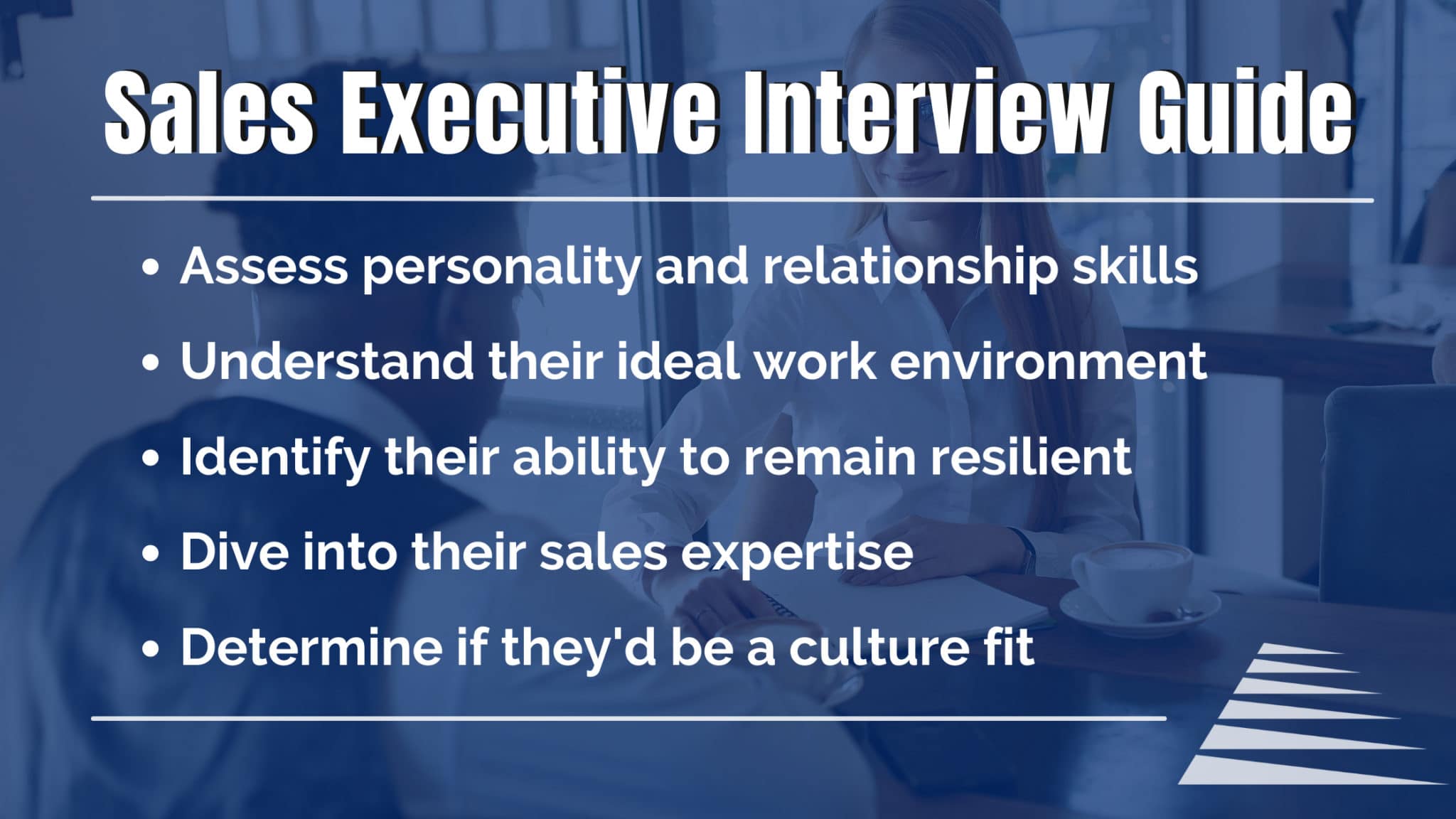We are excited to announce that Blue Signal was named a finalist in the Phoenix Business Journal Small Business Awards in the midsized company category. These awards recognize excellence among entrepreneurs and small businesses in Phoenix. We are honored to be nominated alongside these amazing, and local businesses.
Phoenix Business Journal Small Business Awards, Midsized Company Category Finalists:
The Phoenix Business Journal chose to highlight 16 finalists in this year’s Small Business Awards to bring recognition to those who dealt with the pandemic, turnover, and more over the last year. Next, finalists were divided into the following three categories: micro sized, small sized, and midsized.
“This year’s honorees all share common qualities: leadership, ingenuity, and a passion for innovation. In a year fraught with hiring, supply chain, and countless other challenges, this tenacious group of companies rose to the occasion, overcoming obstacles placed in their paths through creative thinking and ingenuity.”
– Chris Jansen, PBJ
Honorees were selected based on a number of factors, including financial performance, historical achievements, contributions to industry, contributions to the local economy, and potential to shape the Phoenix business community, for instance. Click the video below to see what drives our passion. We aim to support our local community and beyond by building better careers and lives for our candidates and clients.
On September 22nd, our CEO, Matt Walsh and his wife, Jessica Walsh, joined the Phoenix Business Journal and Pacific Premier Bank in person for their fourth Annual Small Business Awards event to meet and socialize with fellow finalists and of course, attend the official awards ceremony.
Specifically, a special congratulations goes out to Handwrytten, for being name the overall winner of the midsized company category! We have personally used their services within our business and are proud to be nominated alongside them.

In closing, we owe a huge thank you to Phoenix Business Journal and Pacific Premier Bank for creating this amazing opportunity. Through this event, they support thriving small businesses in our headquarters’ hometown. Additionally, we’d like to recognize our incredible clients, candidates, and staff who make it possible to do what we do. From all of us at Blue Signal, thank you!
More About Phoenix Business Journal:
Phoenix Business Journal (PBJ) is Arizona’s premier resource for breaking business news. Their publication delivers daily updates, weekly publications, and industry insights. Additionally, PBJ is also a member of the American City Business Journals (ACBJ). ACBJ is the largest publisher of metropolitan business newsweeklies in the United States. They have 44 business publications across the country, reaching more than 3.6M readers weekly.
More about Blue Signal:
Having successfully completed over 1,800 search projects, it’s no surprise that Blue Signal has the experience, relationships, and tools to achieve this massive growth. Additionally, our deep industry knowledge and streamlined search processes help clients to secure high-caliber talent within tight timeframes. As a top executive search firm, we have been a driving force in our clients’ professional successes. Therefore, we immerse ourselves in our client’s businesses and our candidate’s careers to fully understand top priorities and the best direction for both parties. Our reputation is built on our ability to consistently incorporate these priorities into each of our searches to make long-term, impactful connections.




